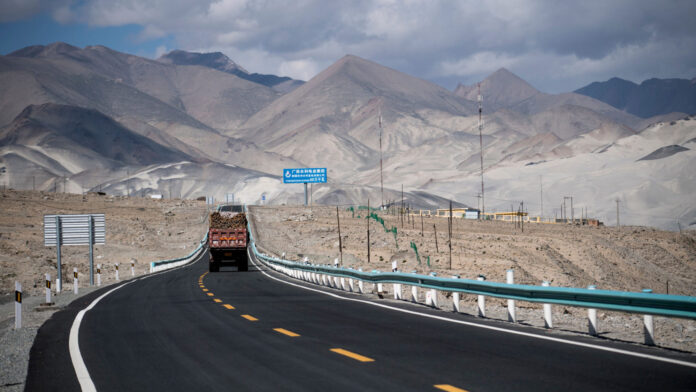There is not a single product in the world that, at any point in its supply chain, needs something moved from Kashgar to Karachi on its journey from its point of manufacture to its end market. Which means that Pakistan can never be a trade corridor and, more specifically, it is not in the interest of any country to finance Pakistan’s infrastructure other than Pakistan itself.
This issue has been resurfacing in recent months because of the renewed conversation around whether or not it makes sense for the government of Pakistan to invest in the construction of the upgrades needed to the Main Line 1 (ML-1) railway corridor that runs from Peshawar to Karachi after the Chinese government’s latest (of many) refusals to finance the project on anything other than purely commercial terms.
There are many arguments for and against the project itself, and having that debate is healthy for a republic to engage in. What is not healthy is for the government of Pakistan to so completely lack self-respect that they assume that the only way a major infrastructure project in Pakistan will ever be completed is if it is in the interest of some major foreign power.
We would like to disabuse the government of Pakistan of all such notions. There is no foreign power whose interests are served by infrastructure being built in Pakistan. We want to lay out the case that, despite all the protestations to the contrary of a large number of people in Islamabad, Pakistan does not have a “strategic location”. And Pakistan cannot become a “trade corridor”. If economic progress is to happen in Pakistan, it will be because we choose to make it happen, using our own resources, and based on our own needs, not those of foreign governments.
But first, let us start with why this idea of the “strategic location” – and the attempt at a more sophisticated iteration that is the “trade corridor” concept – so popular among decision-makers in Islamabad in the first place.
Like the railway that made this conversation relevant, the story starts with the British. The content in this publication is expensive to produce. But unlike other journalistic outfits, business publications have to cover the very organizations that directly give them advertisements. Hence, this large source of revenue, which is the lifeblood of other media houses, is severely compromised on account of Profit’s no-compromise policy when it comes to our reporting. No wonder, Profit has lost multiple ad deals, worth tens of millions of rupees, due to stories that held big businesses to account. Hence, for our work to continue unfettered, it must be supported by discerning readers who know the value of quality business journalism, not just for the economy but for the society as a whole.To read the full article, subscribe and support independent business journalism in Pakistan









